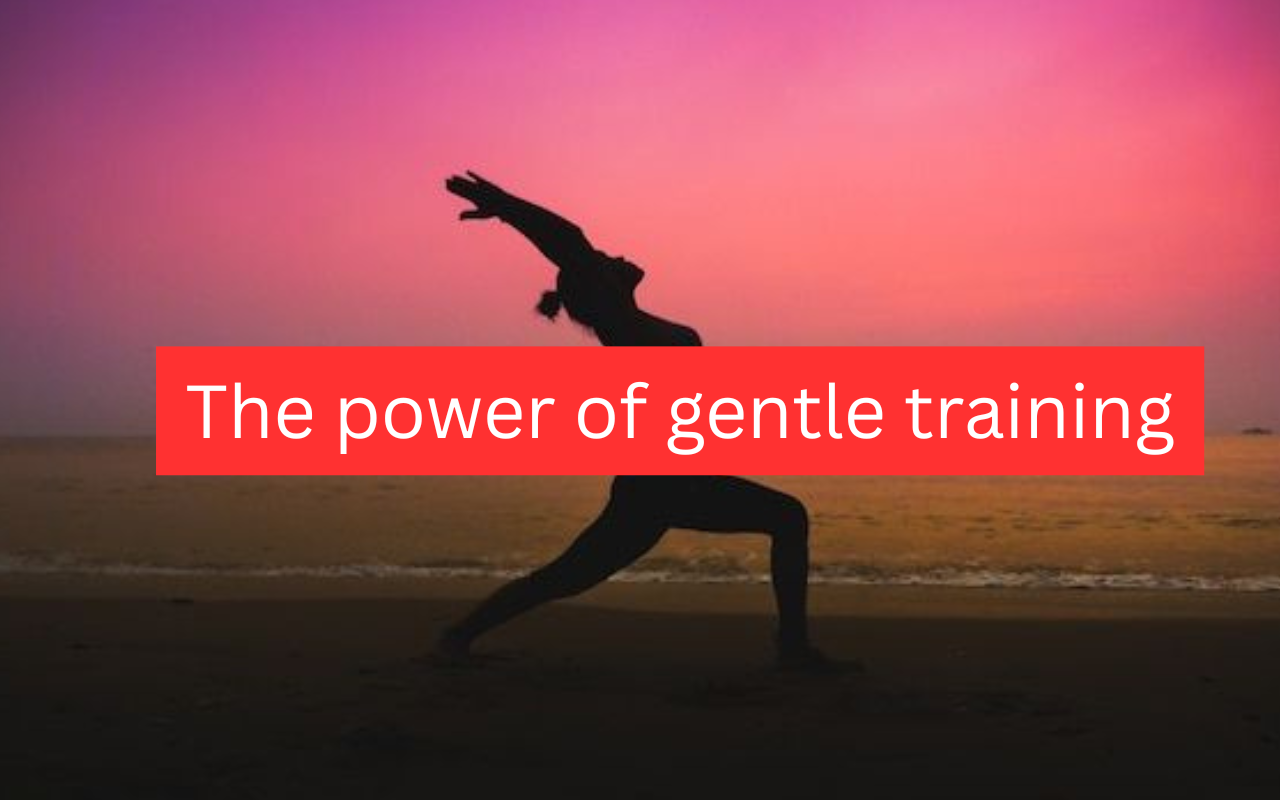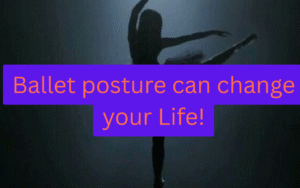In a culture that glorifies speed and intensity, slow, deliberate movement is often underestimated. Yet the art of moving gently, with intention, can transform both body and mind. From Pilates to yoga and ballet-inspired exercises, slow movements build strength, enhance awareness, and promote lasting physical and emotional health.
Why Slow Movements Work
Gentle, controlled movements engage muscles more deeply than rapid repetitions. Research shows that slow, mindful exercise improves muscle fiber recruitment, enhances joint stability, and reduces the risk of injury (Harvard Health Publishing). The mind-body connection strengthens as well, allowing you to notice subtle shifts, tensions, and imbalances in your body.
The Healing Aspect
Slow movement encourages mindfulness, which lowers stress hormones and supports recovery. Studies suggest that mindful physical activity can reduce cortisol levels, alleviate chronic pain, and even enhance emotional resilience (Mayo Clinic). By slowing down, you allow your body to heal while also fostering a deeper sense of presence and self-awareness.
Practical Tips for Incorporating Slow Movements
- Focus on Control: Perform exercises deliberately. Each movement should be precise, smooth, and intentional.
- Engage Your Core: A gently contracted core stabilizes the spine and enhances balance during slow movements.
- Breathe With Intention: Coordinate your breath with motion to deepen relaxation and energy flow.
- Reduce Repetition, Increase Awareness: Fewer, fully engaged repetitions are often more effective than rapid, high-volume sets.
- Listen to Your Body: Move within your comfortable range. Gentle training prioritizes sustainability over pushing to extremes.
Everyday Applications
Slow, mindful movements aren’t limited to the studio. Walking with awareness, stretching gently at your desk, or lifting objects with attention to form all cultivate the same benefits. Over time, this approach fosters resilience, grace, and a stronger connection between mind and body.
Conclusion
The power of slow movements lies in their subtlety. By practicing deliberate, gentle exercises, you strengthen your body, soothe your mind, and cultivate a presence that is both grounded and graceful. In the long term, gentle training not only heals deeper—it allows you to move through life with poise and confidence.
Sources:
- Harvard Health Publishing — www.health.harvard.edu
- Mayo Clinic — www.mayoclinic.org
- Medical News Today — www.medicalnewstoday.com




